Islamic banks face liquidity challenges
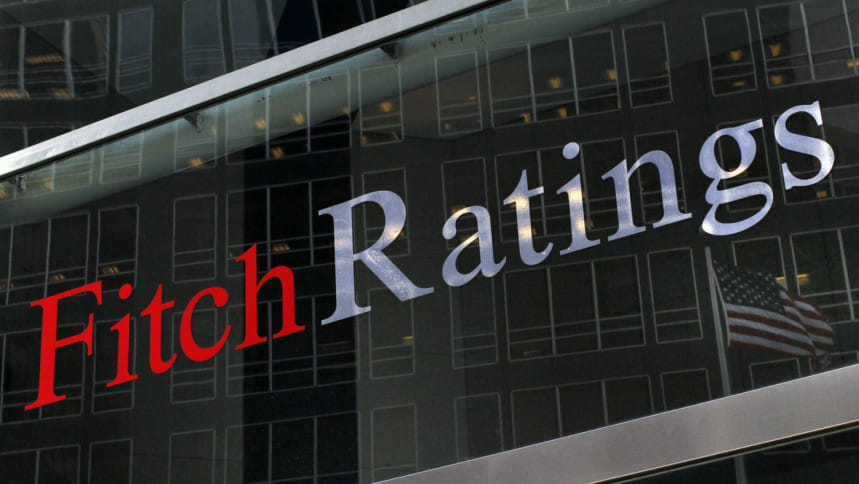
The Islamic banking sector in Bangladesh continues to face liquidity challenges because of weak governance and regulatory quality, Fitch Ratings said.
In the first half of this year, Islamic banks faced sizable customer deposit outflows and lower liquidity buffers than conventional banks amid reports of loan irregularities, said the American credit rating agency in a report on Tuesday.
Islamic banks' excess liquidity -- defined as total cash reserves minus required reserves with the central bank -- declined by 66.6 percent year-on-year to Tk 982 crore at the end of June.
However, excess liquidity has since improved with a 12.7 percent quarterly rise, it said.
"In contrast, deposit growth is slowing."
Islamic banks' total deposits grew by only 3.8 percent year-on-year in the first six months of 2023, "a significant fall from the 12 percent year-on-year growth" in the first half of 2022.
Islamic banks' vulnerability to short-term liquidity challenges is demonstrated by the fall in the liquidity coverage ratio (LCR) to 87.7 percent at the end of 2022, below the regulatory requirement of 100 percent.
At the end of 2021, the LCR was 188.5 percent, it said.
Conventional banks had adequate liquidity profiles, with an industry average LCR of 154 percent.
"However, liquidity is improving, underpinned by central bank support in the form of the Islamic Bank Liquidity Facility and Mudarabah Liquidity Support, and still-notable public demand for Islamic deposit products."
Islamic banks held 25.3 percent of all domestic industry deposits at the end of June, down from 28.2 at end-1H22.
Bangladesh had the eighth-largest Islamic banking market globally at the end of 2022, with total assets of Tk 497,070 crore ($45.3 billion), ahead of Indonesia, Bahrain, Pakistan, Egypt, Jordan and Oman, based on data from the Islamic Financial Services Board.
The market share, based on industry loans, is rising and reached 29.1 percent at the end of June, in contrast to 28.5 percent a year earlier.
Bangladesh has the third-largest Muslim population globally, with sizable segments being shariah-sensitive.
Islamic branches and windows of conventional banks are expanding, with an 8.2 percent share of Islamic banking deposits as of June, in contrast to 7.1 percent a year earlier.
The remaining 91.8 percent is held by full-fledged Islamic banks.
The Islamic finance industry in Bangladesh continues to face key structural impediments.
These include a lack of sukuk and other Shariah-compliant investment options, gaps in human capital development, a lack of unified Shariah rulings, and an Islamic finance regulatory framework that requires an update.

 For all latest news, follow The Daily Star's Google News channel.
For all latest news, follow The Daily Star's Google News channel. 

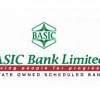

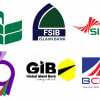
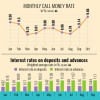
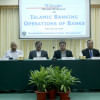


Comments